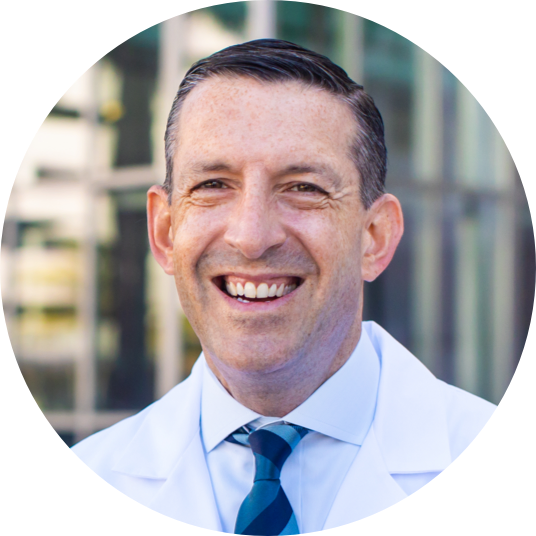
When I meet with trainees and junior faculty to talk about career development, we discuss 5- and 10-year goals, and then work backwards to determine what tasks they need to accomplish (such as taking on leadership or teaching roles, or engaging in research and publishing manuscripts) to make them a shoe-in to achieve those goals. When meeting with trainees, junior faculty or colleagues who are considering a first job or a change in job, I always advise them to make sure they are running towards an opportunity, and not away from an unsatisfying career situation.
How interesting, then, when I found myself in this very scenario in early 2020: I had identified a career goal for myself, and the perfect job (for me) in a perfect location (for me and my family) became available that would enable me to achieve that goal. I traveled for my first set of interviews (just before COVID-19 broke, rendering the entire job interview process absurd) and then a had a second set virtually, before I decided to run towards a position with the Division of Hematology at the Sylvester Comprehensive Cancer Center at the University of Miami. And one week at my new job, I couldn’t be happier!
I realized, though, that there is no playbook for navigating interviews and position transitions in academic hematology/oncology. So here are a few guidelines, while still fresh in my mind, that helped me during my own, recent change in career circumstance:
1. Run towards an opportunity, not away from an unsatisfying career situation.
It’s worth the time and effort to identify what you’re looking for in a job and location before you ever reply “Yes” to an email job solicitation. Do you want an administrative leadership role, such as program director or division chief? Do you want to be a research rock star and just need the people and resources to pull it off? Location is important! Make sure you land in a part of the country (or world) where you and your family will feel fulfilled. My wife and I actually sat down with a map of the country and circled where we wanted to live, and where there were super cancer centers. I applied for positions where the circles overlapped.
2. Be genuine in interviewing — only look at a job if you think there’s a chance you will take it.
I am not a fan of using a job interview to get a better position or more money back home. The disingenuousness only breeds resentment in both locations.
3. An institution puts on its best face during your interview day.
If it is disorganized or the people interviewing you aren’t happy, it will only get worse once you’ve signed a contract. If there are no cracks in the veneer (and there weren’t when I interviewed with 30 people over 2 days!), you’ve found the right home.
4. Even if you don’t tell people at your home institution you are interviewing elsewhere, assume they will find out.
Academic medicine is a small world. People gossip. Don’t lie – be prepared to fess up if your boss confronts you with the news, and have a response prepared.
5. Always be positive.
Never badmouth your home institution, even if it’s the academic equivalent of the ninth circle of hell. Academic medicine is a small world and it could get back to people back home. And a new institution isn’t going to welcome someone who complains about his or her old institution out of the gate.
6. Saying goodbye to patients is the hardest part of leaving.
You will feel as if you are betraying them. Some patients will feel as if you are betraying them. If possible, tell your patients personally — don’t leave it up to a form letter.
7. Saying goodbye to friends and colleagues is the second hardest part of leaving.
See above about betrayal. Try and control how the information gets out. I actually organized one day during which I told my team, my boss, and close friends and colleagues directly, in that order.
8. Saying goodbye to institutions is not hard.
9. The period of time from when you announce you’re leaving to when you actually leave is awkward.
It is also emotionally exhausting saying goodbye to people. Try and limit it to 2 months (though some institutions require 90 days).
10. Give yourself some time off in between jobs.
Having gone through all of the above, you deserve it!

By Mikkael Sekeres, MD, MS
Chief of the Division of Hematology, Sylvester Comprehensive Cancer Center, University of Miami Miller School of Medicine
Published June 2021
Join the Conversation
Register for Figure 1 and be part of a global community of healthcare professionals gaining medical knowledge, securely sharing real patient cases, and improving outcomes.


